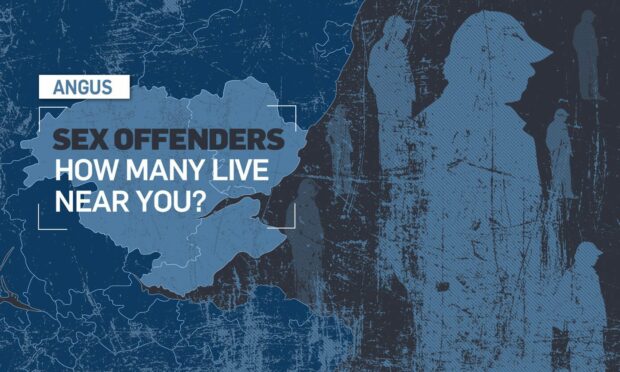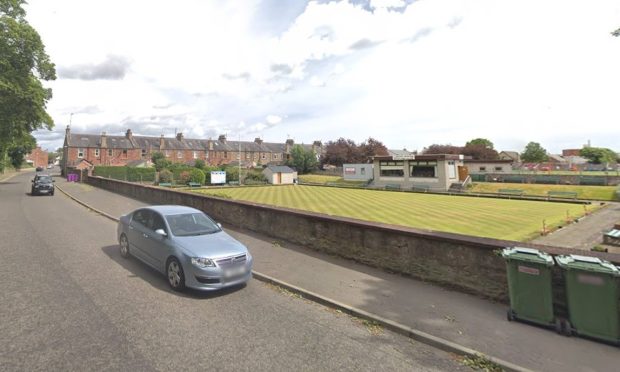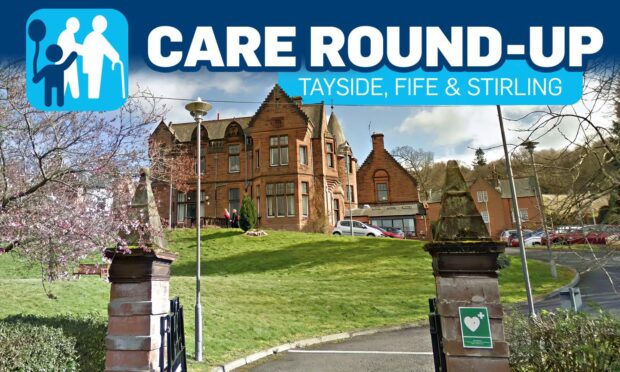More than 100 sex offenders are living in Angus
The latest data from Police Scotland shows there are at least 107 registered sex offenders registered as living at addresses across the county.
Police release the data every month – however, it is limited to a general area rather than an individual neighbourhood or a street.
The number of sex offenders living in Angus has risen by five compared to this time last year.
Sex offenders registered in each Angus postcode
The following numbers of sex offenders are registered as living in each Angus postcode:
- DD7 – 9 (9 last year)
- DD8 – 33 (33)
- DD9 – 13 (15)
- DD10 – 21 (18)
- DD11 – 31 (27)
A further 16 also live in the DD5 area which covers parts of Angus like Monifieth but also includes Broughty Ferry in Dundee.
There are more than 600 sex offenders in the whole of Tayside but nearly 190 of them are either in custody or in hospital.
What is a registered sex offender?
A person convicted of a sexual offence becomes subject to notification requirements.
They have to hand over their details to the police, including where they live and if they plan to travel.
According to Police Scotland, a judge can make anyone a registered sex offender (RSO) if they believe a crime has a significant sexual nature to it.
The force’s website adds: “RSOs are robustly managed by the police and our partners through the multi-agency public protection arrangements (MAPPA), and subject to comprehensive risk assessment and risk management in the community.
“Police Scotland has units of dedicated officers specially trained for this task.”
Reoffending rates ‘very low’
A Police Scotland spokesperson said: “Police Scotland, local authorities and other partners use professional assessment, robust risk assessment processes, and the latest technologies to manage RSOs, mitigate risk and properly target appropriate resources at those who pose a risk to the public.
“Those subject to Sex Offender Notification Requirements are placed on the register for a wide spectrum of sexual offending.
“We can never eliminate risk entirely, but sexual reoffending rates of RSOs remain very low and we want to reassure communities that all reasonable and appropriate steps are being taken to protect them.”











Conversation